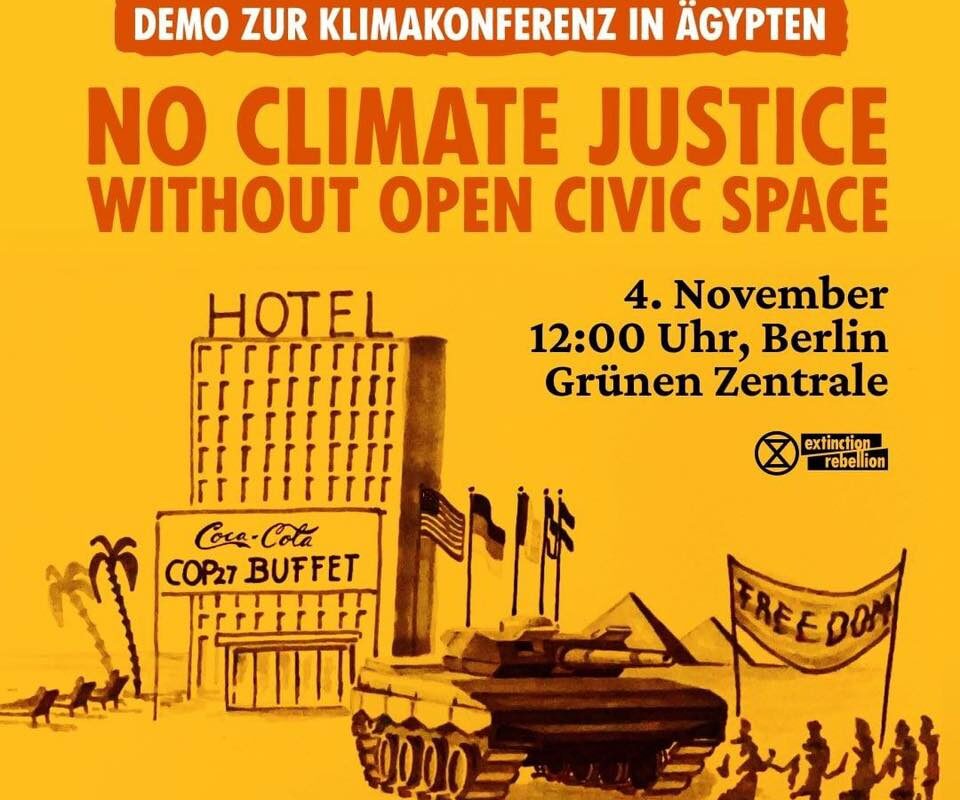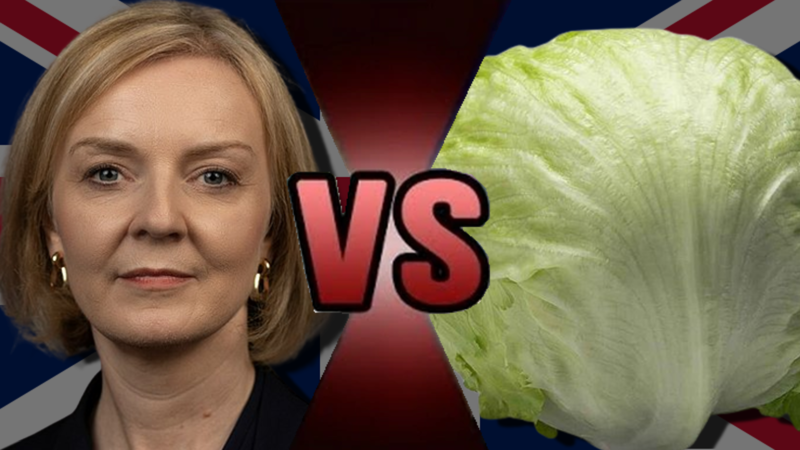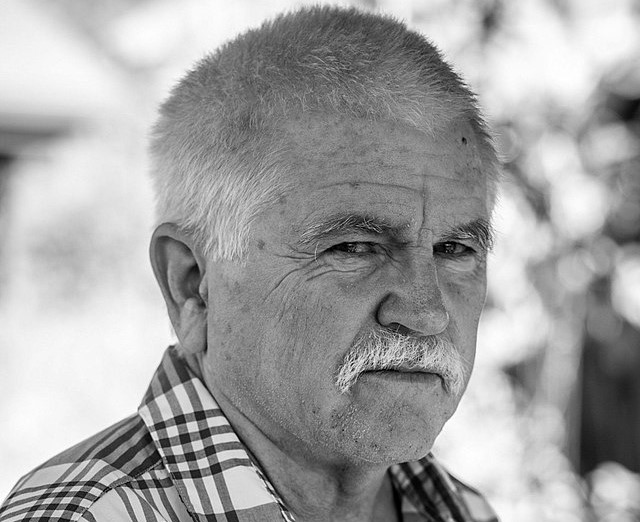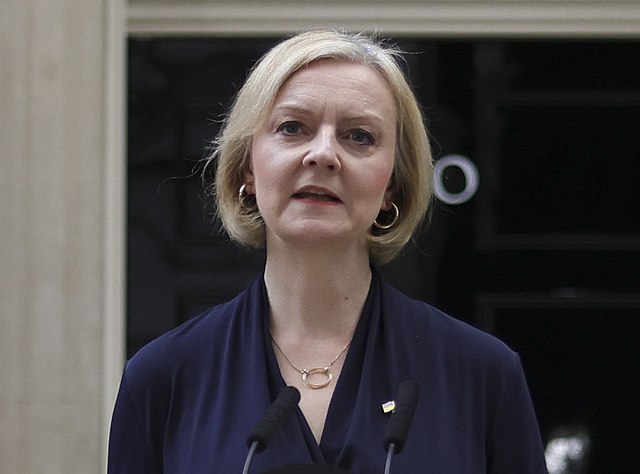This open letter by Extinction Rebellion, and supported by other organisations, will be handed over at the Green party headquarters at midday on Friday, 4th November. It will be followed by a demonstration to the Egyptian embassy. Please come along and support us.
Dear foreign minister Annalena Baerbock,
We, a broad alliance of climate justice movements and human rights activists, are addressing you today as the most important representative of our country at the coming world climate summit in Sharm El-Sheikh with an urgent appeal.
Highlight the human rights abuses and call for the release of political prisoners!
The main discussion at COP27 will be which measures are necessary to defend the effects of the climate crisis on the countries most seriously affected. And who must pay for this.
The summit is one of the most important of our time, as it will set the decisions which affect whether the world community can keep this crisis at all under control. It is good that it is taking place on the African continent, whose people have contributed the least towards the climate crisis, yet are now dramatically suffering from the consequences. However, the host country Egypt is, to say the least, a questionable partner for this orientation.
Across the world, human rights organisations condemn General Abdel Fatah el Sisi’s abuse of the event for the sake of his own propaganda, to cover up repression, police violence and torture in his country. He holds around 60,000 political opponents under brutal conditions in his jails. There are several shocking reports in the international media (including the Guardian, the Intercept, and the Rosa Luxemburg Stiftung) about the suffering of the people, in particular about groups marginalised by persecution, opponents of the regime, and journalists. There are also reports of widespread destruction of the environment.
Frau foreign minister, you came into office with the aspiration towards a “foreign policy guided by values”, and promised to pay particular attention to compliance with the Charter of the United Nations, the Universal Declaration of Human Rights and the Charter of Paris.
At COP27, you should fulfill this aspiration and use your role as the foreign minister of one of the richest and economically strongest countries in the world to highlight the clear abuses in Egypt.
We regret that in July you offered General Sisi a platform in Berlin through the joint organisation of the “Petersburg Climate Dialogue”, at which the ruthless dictator could present himself as a “green leader.”
Use the opportunity in Sharm el-Sheikh to revise this impression!
In solidarity with Egyptian human rights activists, we must show the compelling connections between climate crisis, human rights violations and political calculations!
General el-Sisi issues green propaganda with paper drinking straws and solar panels, to affect the attitude of the international guests and portray himself as the defender of the African continent. He is being advised by a large US-American PR agency Hill&Knowlton. In the past, Hill&Knowlton led a Greenwashing campaign for the tobacco industry. It is currently doing the same for oil and gas corporations. This is beyond satire. An agency, which is painting the public image of climate-damaging industries green, is responsible for organising the PR for the most important climate conferences of our time.
This entanglement of industry and politics cannot pass without comment! Human rights must be valid world wide and cannot be treated as an uncomfortable footnote. Debates about climate protection without public civil society and political freedom are a farce.
Germany is one of the most important financial donors and trade partners of Egypt and could have some influence.
Take responsibility and use the climate conference in Sharm el-Sheikh to call for global climate justice! Demand effective measures to reduce CO2, to defend the ecosystem and vulnerable communities, but also demand the right to freedom and dignity for all people!
In the hope of your support, we remain
Extinction Rebellion




